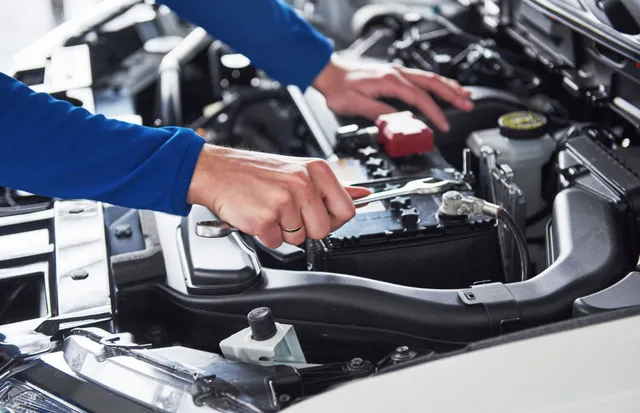Particularly in the brake cylinder, proper operation of the brake system depends on brake fluid. Reduced braking efficiency and damage to vital components might follow from contaminated brake fluid. Maintaining a safe and dependable braking system depends on an awareness of the factors causing fluid contamination and ways to stop it.
What is Brake Fluid Contamination?
When unwanted objects or materials get into the hydraulic system, they can contaminate brake fluid, making it less effective. These impurities can include moisture, dust, dirt, or metal shavings, and they can all harm the braking cylinder, brake lines, and seals, among other parts of the brake system. Corrosion, reduced braking effectiveness, and in extreme situations, brake failure, can result from contaminated fluid. For reliable Auto Repair in Escondido, CA, experienced technicians can help prevent brake fluid contamination and ensure the smooth functioning of your braking system.
Common Causes of Fluid Contamination
Brake fluid contamination has a number of common causes. Because it can enter the system through the brake fluid reservoir lid or seals, moisture is one of the most important pollutants. The brake cylinders and other parts may rust and corrode as a result of water. Brake fluid can also collect moisture if it is stored improperly, for as by being exposed to air. If the system is not adequately sealed or maintained, dirt and debris from outside sources may also find their way into the braking fluid.

Signs of Contaminated Brake Fluid
There are several indicators that your brake fluid might be tainted. The brake fluid may be polluted if it seems hazy or has changed color (from clear to brown or dark). Reduced braking ability, as evidenced by a spongy brake pedal or longer stopping distances, is another warning indication.
Preventing Fluid Contamination
Make sure the brake fluid reservoir cap is securely secured to avoid contaminating the brake fluid, and replace it if it is damaged. During routine maintenance, check the brake fluid’s level and quality frequently, and replace it when advised. Additionally, when performing repairs or replacing brake components, make sure the system is adequately sealed and refrain from using subpar brake fluid.
Regular Brake System Maintenance
A competent mechanic checking your brake system regularly is one of the best ways to avoid brake fluid contamination. Regular braking system maintenance can detect leaks and seal wear before contamination. Clean and maintain your brake system to extend the life of your brake cylinder and other braking elements and conserve brake fluid.
Conclusion
Contaminated brake fluid can seriously harm your braking system, but you can avoid these problems and guarantee safe driving conditions by performing routine maintenance and replacing your fluids on time. Regular checks and careful attention to the condition of your brake fluid are vital to preventing costly repairs and ensuring maximum braking performance.

